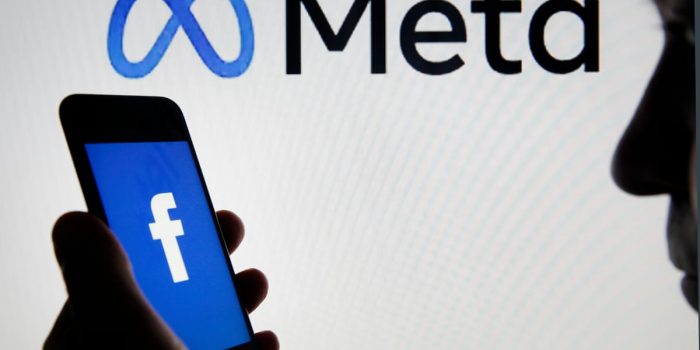The future of Meta has finally arrived—if you have an Oculus Quest headset. Facebook parent Meta on Thursday launched Horizon Worlds, the first public iteration of its landmark virtual reality social platform, bringing the project out of private beta for millions of adults in the U.S. and Canada.
The platform, which can only be accessed via an Oculus Quest device, marks Meta’s biggest step to date toward fulfilling CEO Mark Zuckerberg’s vision for a VR world that, in many ways, replaces our in-person reality.
So what does Horizon Worlds look like?
Well, there’s not much to it quite yet. Users and their legless avatars—an aesthetic choice ripe for countless Slate thinkpieces—have three options: join a group hangout of up to 20 people, play a handful of games, or check out pre-recorded VR events. Meta has staffed Horizon Worlds with moderators who can answer questions or help users get the hang of their new reality, though the guides aren’t in every room.
The relatively bare-bones experience has, so far, left some tech observers feeling both intrigued by the possibilities, if a bit underwhelmed by the initial foray.
Cnet’s Scott Stein: “Horizon Worlds feels charming and familiar while also a bit buggy and cartoonish. How it separates itself from all the other metaverse apps is unclear.”
The Verge’s Alex Heath: “It’s an expansive, multiplayer platform that meshes Roblox and the OASIS VR world from Ready Player One.”
Mashable’s Joseph Volpe: “To VR vets, it’s basically a glossier knock-off of VRChat, the popular platform-agnostic, ‘anything goes’ third-party social VR platform that’s brimming with creator-made worlds, activities, and games. And as we’ve seen time and time again, when it comes to the company formerly known as Facebook, imitation is the sincerest form of market domination.”
The rudimentary feel of Horizon Worlds doesn’t necessarily spell trouble for Meta, which sees its metaverse platform as a long-term investment.
The company announced plans in October to spend $10 billion over the next year on metaverse-related technologies, CNBC reported. Horizon Worlds also will expand as third-party creators build out more locations and experiences within the platform, a prominent feature of the product.
Notably, Meta has only sold about 10 million Oculus Quest 2 headsets worldwide, according to the CEO of its headset chip supplier, Qualcomm. That relatively small consumer base helps limit the fallout from any unresolved safety and privacy kinks, an issue already raised by a beta tester who reported that a stranger groped her avatar, Heath’s reporting found.
Meta officials have preached patience with Horizon Worlds and future iterations, writing in a company blog post that “many of these products will only be fully realized in the next 10-15 years.”
With the public release of Horizon Worlds, that clock officially starts now.
Read original story on Fortune


